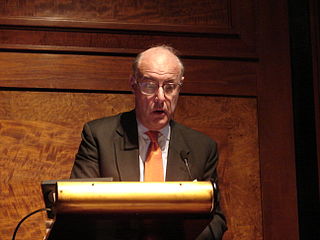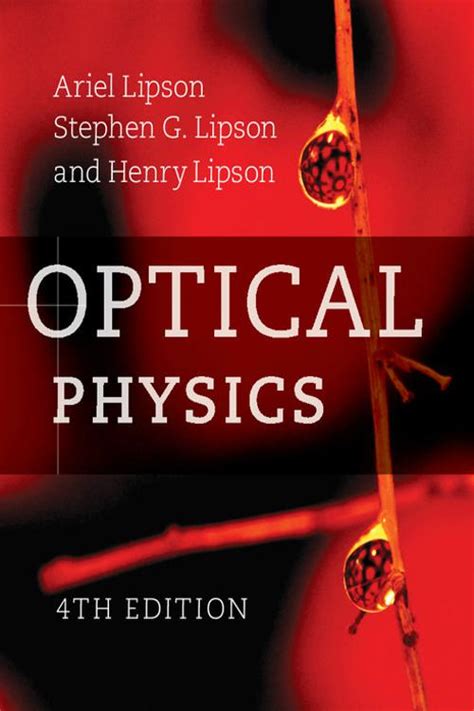A Quote by M. H. Abrams
I think most of the things I published have been published out of desperation, not because they were perfected.
Related Quotes
I didn't think [Ella Enchanted] would get published. Everything I'd written till then had been rejected. If it was published, I thought it might sell a few thousand copies and go out of print. I thought if I was lucky I could write more books and get them published, too. I still pinch myself over the way things have worked out.
I was first published in the newspaper put out by School of The Art Institute of Chicago, where I was a student. I wince to read that story nowadays, but I published it with an odd photo I'd found in a junk shop, and at least I still like the picture. I had a few things in the school paper, and then I got published in a small literary magazine. I hoped I would one day get published in The New Yorker, but I never allowed myself to actually believe it. Getting published is one of those things that feels just as good as you'd hoped it would.
A review of seventy-four clinical trials of antidepressants, for example, found that thirty-seven of thirty-eight positive studies [that praised the drugs] were published. But of the thirty-six negative studies, thirty-three were either not published or published in a form that conveyed a positive outcome.
Kitty Kelley's method, already perfected in her unauthorised and unflattering biographies of Frank Sinatra and Nancy Reagan, is to write bestsellers that take what she describes as an 'unblinking look' at their subjects - which might, of course, mean that her eyes are permanently open or permanently closed... the result is a work so bad that Britons cannot realise how fortunate they are in being unable to buy it. The great mistake with this book is not that it has been published in Britain, but that it has actually been published anywhere else.
Darwin's book, On the Origin of Species, was published in 1859. It is perhaps the most influential book that has ever been published, because it was read by scientist and non- scientist alike, and it aroused violent controversy. Religious people disliked it because it appeared to dispense with God; scientists liked it because it seemed to solve the most important problem in the universe-the existence of living matter. In fact, evolution became in a sense a scientific religion; almost all scientists have accepted it and many are prepared to 'bend' their observations to fit in with it.
I think it's really good not to get published. It sounds crazy but it's true. People want to get published very soon, but the moment that happens, you lose a bit of your originality. Once you publish, you are always doing things made-to-order. You stop being a weaver and become a tailor. You are tailoring things to suit other people's fashion.




































